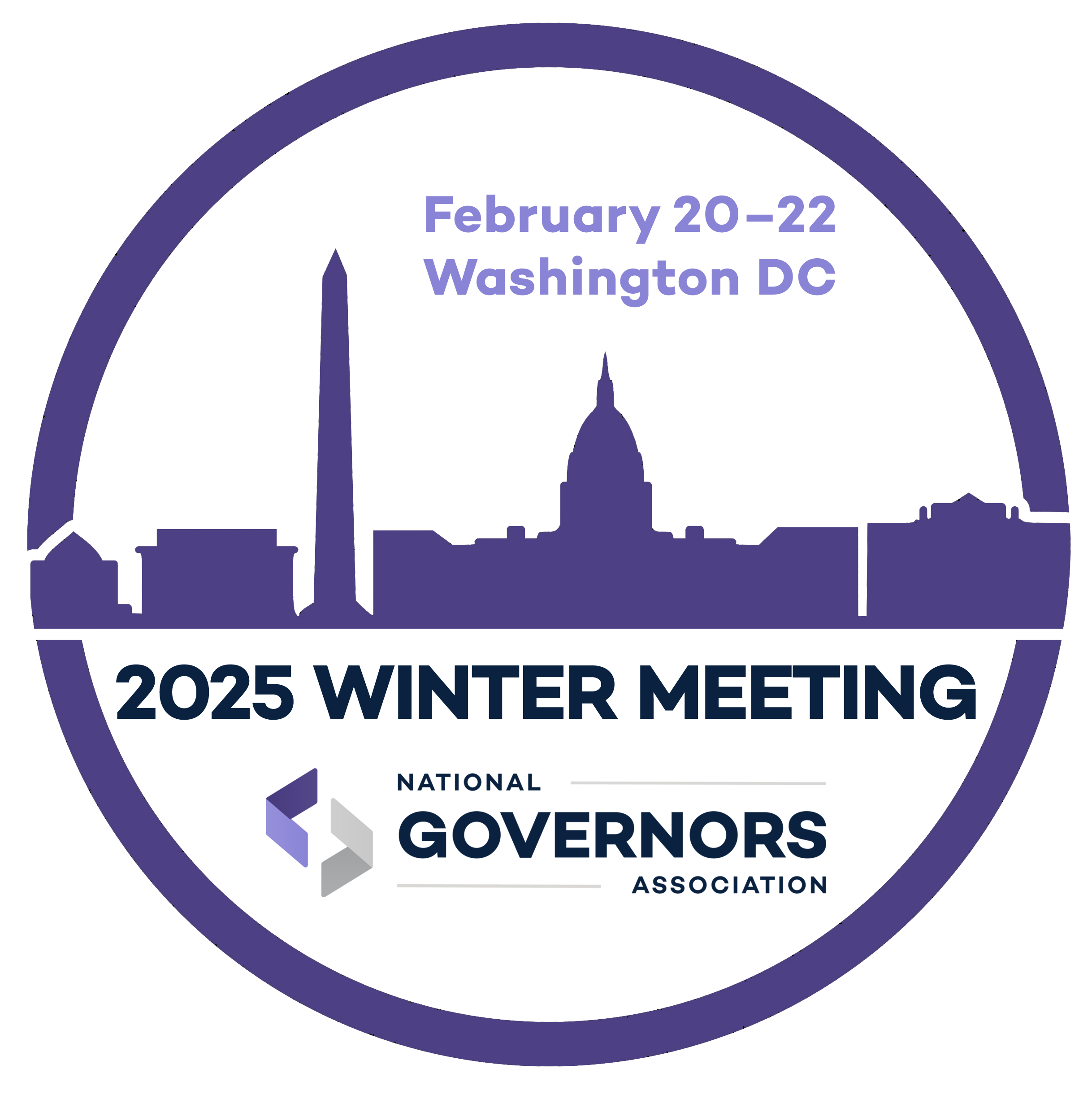Governors would like to recommend the following actions to improve FEMA’s COVID-19 response and recovery efforts.
The Honorable Deanne Criswell
Administrator
Federal Emergency Management Agency
500 C Street S.W.
Washington, D.C. 20472
Dear Administrator Criswell:
On behalf of the nation’s Governors, we congratulate you on your recent swearing in as administrator of the Federal Emergency Management Agency. We look forward to working with you to continue the strong partnership that states and territories enjoy with FEMA, which is critical to ensuring the safety and wellbeing of our citizens.
Governors recognize the need for a strong FEMA administrator who respects the role and authority of states and territories in disasters and encourages a collaborative approach to emergency management.
Emergency management is a shared responsibility among state, territorial, local and federal officials. The COVID-19 pandemic illustrated the need for clear, consistent, and transparent communication at all levels of government. Several challenges arose in our initial response and though some were resolved over time, others continue to place undue burdens on states and territories.
Specifically, we remain challenged by FEMA’s COVID-19 Public Assistance guidance.
At the start of the pandemic, states and territories received inconsistent messaging across FEMA regions on what items were eligible for reimbursement. Some had invested in funding for masks and disinfectants for schools, while others sought assistance with increased operating costs for 24/7 emergency operations centers.
In August of last year, as rumors of forthcoming restrictive FEMA guidance began to circulate, NGA along with our partner state and local associations, called on FEMA not to limit the eligibility under Public Assistance and avoid any arbitrary distinctions between “response” and “reopening.”
The previous Administration chose a more restrictive policy, to include designating some otherwise eligible costs as “increased operating costs” rather than emergency protective measures which we believe is inappropriate given the continuation of both the Public Health Emergency Declaration and the Major Disaster Declarations. This has caused greater confusion, frustration and concern among states, territories and localities. While the Biden Administration made some of these costs eligible starting January 20, 2021, our request for retroactive across the board 100 percent federal cost share has not been met.
The several changes to policy guidance from FEMA since the start of the pandemic resulted in three different eligibility requirements based on arbitrary dates. These three eligibility windows pose significant challenges, such as verifying duplication of benefits, untangling obligated funds, and straining personnel at the state, territorial and federal levels.
COVID-19 is an ongoing and evolving public health crisis. That is why federal funding, specifically FEMA funding, needs to be immediate, accessible and flexible enough to address emerging needs for critical materials. Changing policy guidance makes it difficult to effectively plan and execute programs while also ensuring good stewardship of taxpayer funding.
As you start your term as FEMA administrator, Governors would like to recommend the following actions to improve FEMA’s COVID-19 response and recovery efforts:
- Work with Governors to simplify and provide full flexibility for COVID-19 public assistance eligibility requirements and, at minimum, repeal the policy guidance from September 2020. This also means ensuring FEMA’s policy reflects the intent of presidential policy.
- □For example, we do not think the Biden Administration intends for schools not to be eligible for FEMA funding that assumed extraordinary weekly cleaning costs to open before January 21, while the same extraordinary costs incurred by schools that opened after January 21 would be eligible.
- Implement better coordination at the headquarters level regarding the communication of policy changes and decisions that are disseminated by the FEMA regions to ensure consistency of message across the country.
- Limit reporting mandates that are retroactive in nature, as most states and territories do not have the capacity to change during their response, or do not have the infrastructure to go back and collect data on early applicants. If these mandates are issued, enforcement should be delayed until clear guidance and policies are issued to ensure the implementation is done in a logical, consistent, and effective manner.
- Authorize the use of the Hazard Mitigation Grant Program under the COVID-19 major disaster declaration.
- Pause any rulemaking that would change the disaster declaration process and the public assistance program, such as FEMA’s Proposed Rulemaking titled “Cost of Assistance Estimates in the Disaster Declaration Process for the Public Assistance Program.”
- Avoid widespread changes to preparedness grant programs, including the Emergency Management Performance Grant and the Homeland Security Grant Program, without robust coordination with Governors and their emergency managers first. Adding or changing requirements during the COVID-19 response creates a significant burden of time when states and locals can least afford it. Constantly changing national priorities for grant programs makes it difficult for states to set and achieve long term goals to increase resilience and preparedness capabilities.
- Engage early and often with key state, territorial and local stakeholders – emergency managers foremost – to ensure your agency has a full understanding of the impact of new or changing policies.
Thank you for your consideration of these important issues. We look forward to working with you on several key initiatives beyond COVID-19 – to include FEMA grants – during your term as administrator.
Sincerely,
Governor Ned Lamont
Connecticut
Co-Chair
NGA Pandemic and Disaster Response Task Force
Governor Bill Lee
Tennessee
Co-Chair
NGA Pandemic and Disaster Response Task Force













